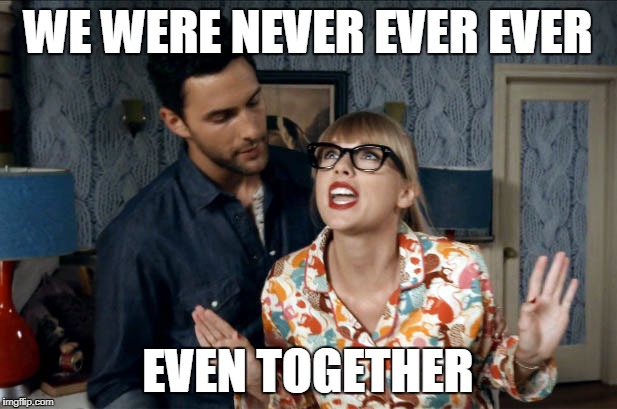
Espírito Santo Justice determines man to “deny his relationship” on the Internet
Especially on the week of the Brazilian Valentine’s Day, people in a relationship are not afraid to hide: last Monday, social networks were flooded with photos of couples allegedly in love and public displays of affection and complicity, in the best romantic fashion. For single people, this means the task of finding out who is available is now easier — who has never stalked a crush’s profile to know if it was worth the effort?
But in the era of fake news, not even relationships go unscathed. Recently, the Justice of Espírito Santo received a case involving a “made-up relationship”. In May 2016, Lázaro Nascente Dias announced to his friends his relationship with Izabela Stelzer, with whom he claimed to have kept sexual relations. To make the story more truthful, the man even forged and shared with his friends a WhatsApp conversation with his supposed girlfriend. The screengrabs ended up reaching Izabela, who decided to file a criminal complaint against Lázaro for defamation (a crime against the honor provisioned in article 129 of the Brazilian Criminal Code).

The case was resolved in a conciliation hearing with the parties, in an at least curious manner: Lázaro was forced to publish a “retraction” in his Facebook and Instagram profiles, denying the fact and apologizing to all people involved — including Izabela’s real boyfriend. According to the deal, the posts should be made on “public mode”, that is, in a way that they would be visible to anyone. On Facebook, the post should be kept for an undetermined period; on Instagram, it should remain for at least 90 days.
The possibility of “denying rumors” or neutralizing the impacts of the dissemination of fake news is a challenge that becomes particularly complex on the Internet: as we have already discussed here, how can we guarantee, for instance, that an information published as “right of reply” will reach the same audience or the same number of readers as the original post? How can we be certain that the damage caused by this kind of rumor can be effectively minimized, above all when they involve delicate issues, such as a gender normative?
In this case, the difficulty justified the demand for keeping the retraction as a “public” post, accessible to all. In addition, as the network of people who had access to the “fake news” was probably reduced (it was limited to the friend circle of both involved), the post on the social networks used by Lázaro was enough. However, this situation completely changes when we deal with viral or widely shared contents, with a network of reached people hard to map or predict.
At the same time in which it aims to secure an effective retraction to the lie that involved Izabela, the demand for a public post for an undetermined period on Lázaro’s profile raises questions about the possibility of “forgetting” the case. Afterall, would it be reasonable to demand that he can never untie himself from this story by simply deleting the post from his profile? Shouldn’t there be a time limitation for this imposed penalty?
The difficulty of people to untie themselves from facts of their past due to the Internet’s “super memory”, whose search engines make the retrieving of cases and news associated with their name and image, is one of the main issues of the “right to be forgotten”. If, on the one hand, there are circumstances in which it seems reasonable to think about mechanisms which allow the “forgetting” of specific facts associated with someone’s life, on the other, there are huge risks for freedom of speech and access to information that can derive from a generic right to “edit one’s own history”. On June 12th 2017, the topic was debated at a public hearing on the Federal Supreme Court.
Between the retraction and the forgetting, the case of Lázaro’s made-up relationship points to complex issues involving the dissemination of information on the Internet. It is true that rumors have always been there, but the decision between forgetting, fighting, or exposing them has also always been sensitive. But facing the ungrateful task of drawing the line between what is true and what is false on the web also goes through understanding the new dimensions that memory assumes on the digital age. After all, on the Internet, lies sometimes can travel far.
By Dennys Antonialli and Beatriz Kira
Translation: Ana Luiza Araujo